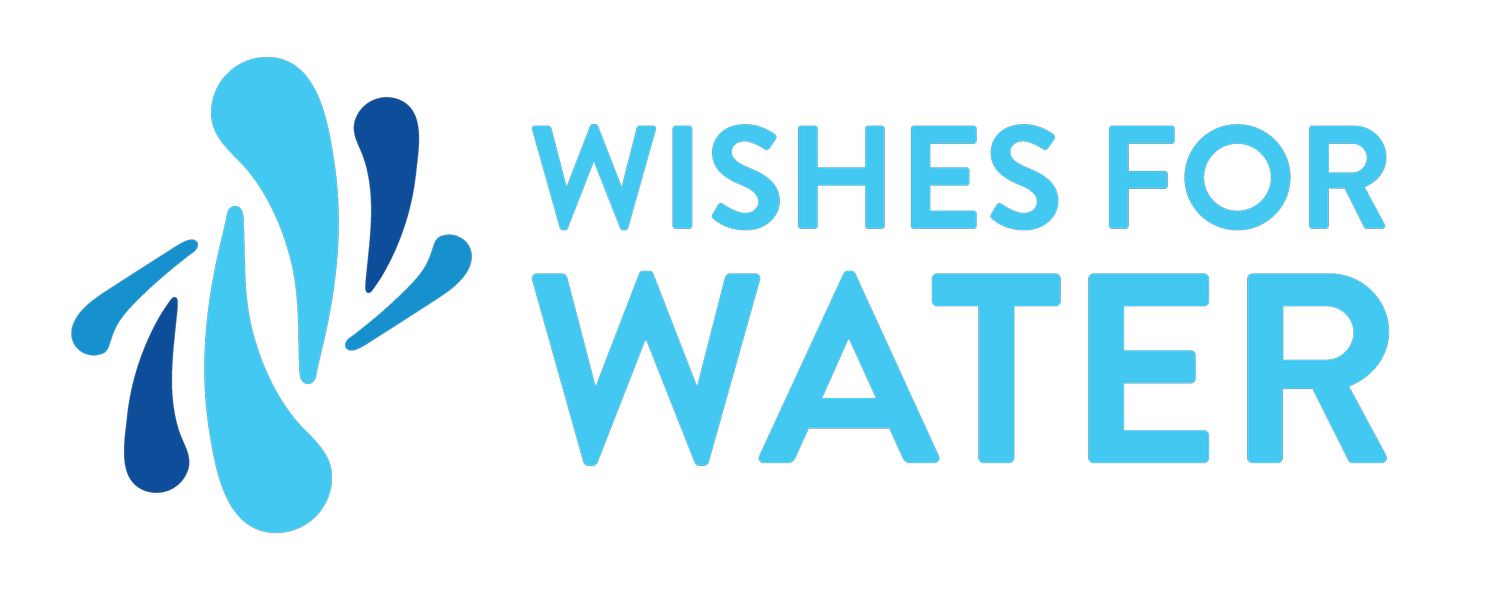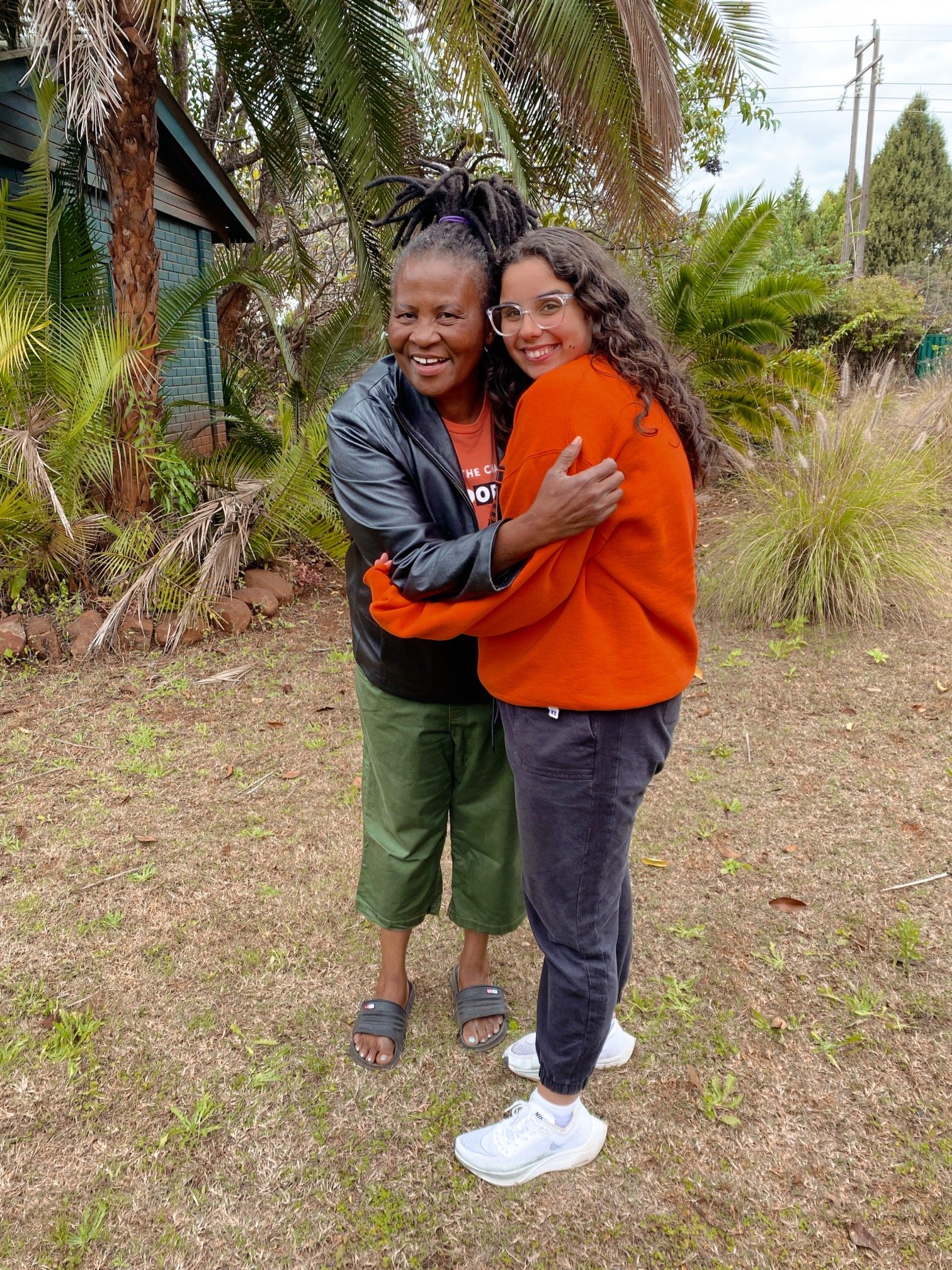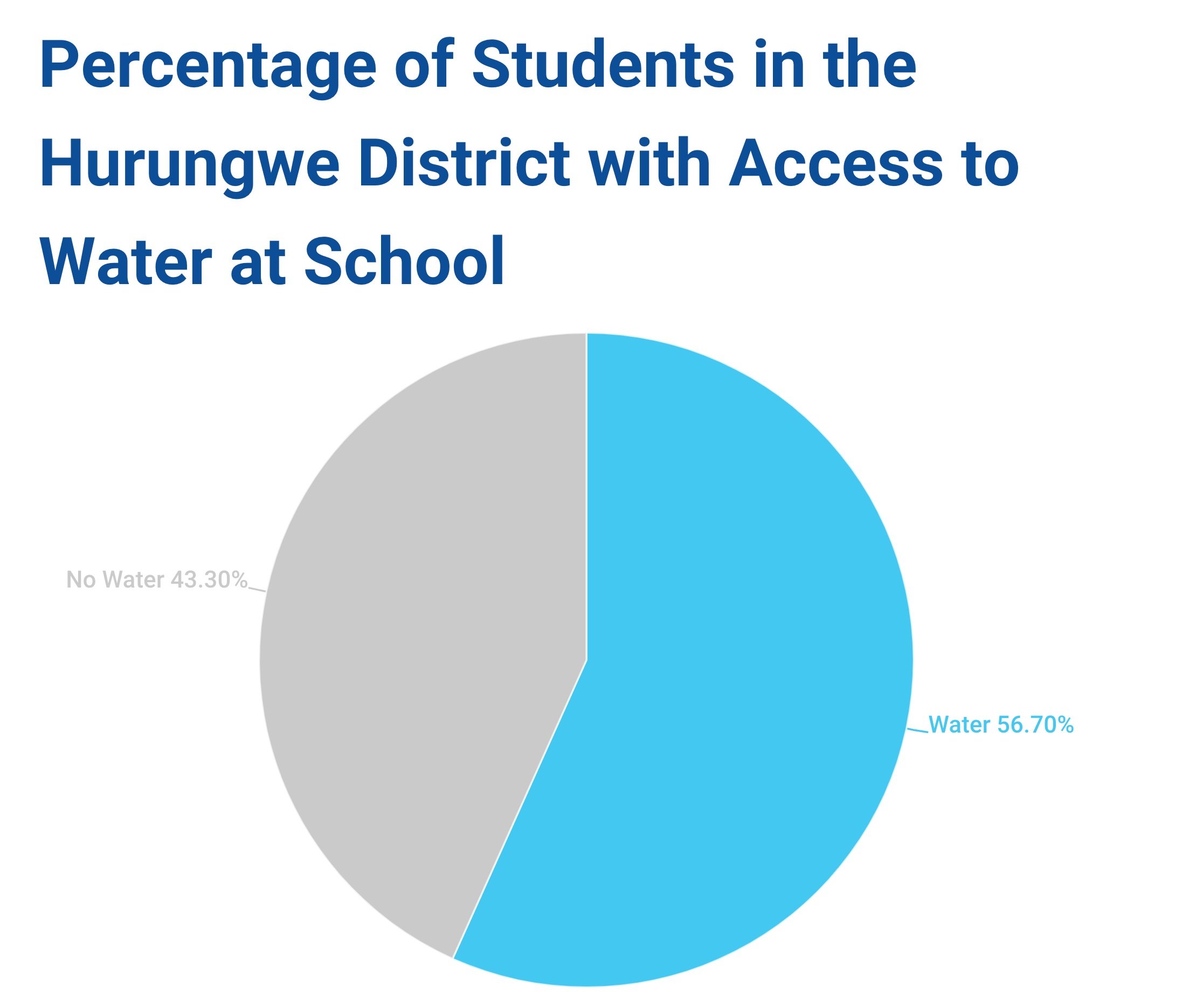
Founder’s Story
During her study abroad trip to Zimbabwe, our founder, Lily Chavez, witnessed the impactful work of Dr. Tererai Trent through the Tererai Trent International Foundation. Struck by the stark contrast between schools with and without water access, Lily felt a deep emotional response. This experience fueled her commitment to advocate for sustainability and equal access to basic needs. Upon learning from Dr. Trent about the high cost and uncertainty associated with drilling a single borehole, which could reach $15,000 without guaranteeing water, Lily felt compelled to take further action. Inspired by her trip, she founded the Wishes for Water Foundation to address the mission of making water more accessible for schools.
To kickstart the initiative, Lily enlisted the support of volunteers from the President’s Leadership Council at Oklahoma State University, forming our nonprofit organization. In our inaugural campaign, Lily led a team that successfully raised $19,000. In June 2023, Lily and eight directors witnessed the borehole drilling at Chivakanenyama Primary School in rural Zimbabwe. Driven by the vision of enhancing water accessibility, Lily aims to lead her team in funding two additional boreholes within the upcoming year, continuing the impactful journey of the Wishes for Water Foundation.


Our Focus
At the heart of the Wishes for Water Foundation lies a commitment to advancing the United Nations Sustainable Development Goals 4, 5, and 6, which focus on quality education, gender equality, and access to clean water and sanitation. Our primary initiative centers on providing sustainable and clean water sources to schools located in the rural Hurungwe Region of Zimbabwe. One pivotal aspect of our work involves addressing the arduous task of women water hauling in these communities. By ensuring that schools have access to clean water, we alleviate the time-consuming responsibility of fetching water from distant sources, primarily borne by women and girls. This initiative not only enables women to attend school but also empowers them to devote more time to education while still meeting the water needs of their families. By reducing the burden of water collection, we contribute to breaking the cycle of poverty and inequality while promoting the overall health and well-being of the community.








